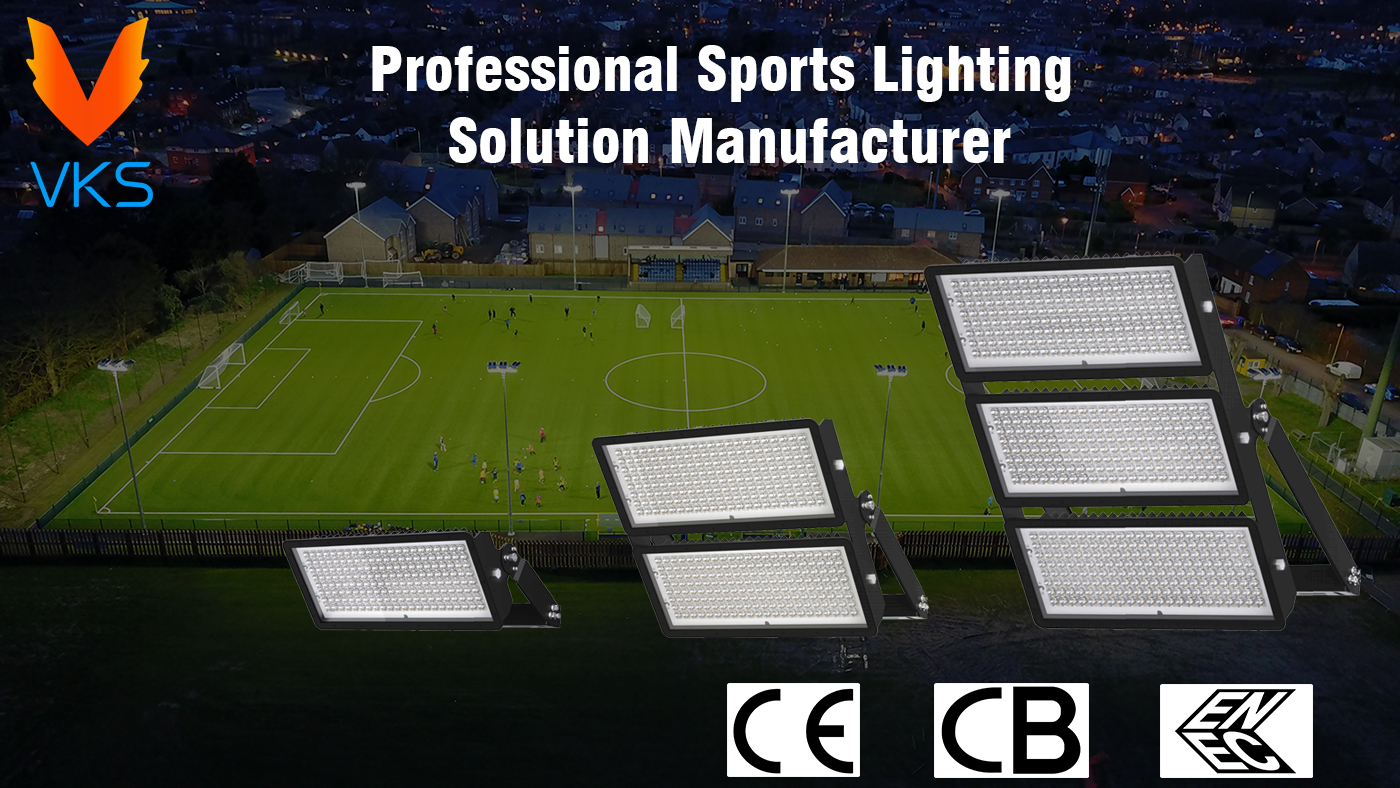Product certification is an essential aspect that should not be overlooked, particularly when it pertains to electrical safety. However, understanding and navigating the complexities of certification can be a challenging task. Determining which products require certification, identifying the appropriate certifying authorities, and determining if certification is necessary in every country of operation can be daunting. In this article, we aim to provide guidance on CEs, ENECs, ULs, and CBs to help you navigate the world of product certification.
Why do we have product certification ?
Almost every product requires some form of certification to demonstrate its adherence to market standards. The primary reason behind this necessity is the assurance of customer safety, which is not merely a desirable aspect but an absolute requirement in most instances. Moreover, manufacturers also stand to gain advantages by ensuring that their products have obtained the necessary certifications.
When considering customer safety, it is important to prioritize the well-being of consumers. For example, as the holiday season approaches and you are in search of the latest electronic walking and talking doll for your child, which option would instill greater confidence? The official version, meticulously tested, certified as safe, and adorned with quality marks? Or an alternative from a local market that may appear identical but lacks any product certification marks? Personally, I would opt for the former. In this particular scenario, ensuring product quality and providing customers with peace-of-mind are paramount.
Obtaining certification for your products can provide a competitive advantage. Additionally, in the unfortunate event that one of your products experiences a significant defect, having certification demonstrates your commitment to product testing and prioritizing customer safety. Can you imagine appearing in court without any evidence of fulfilling these responsibilities?
What is CE mark ?
The CE mark, also known as the European Conformity mark, is a mandatory quality standard recognized across the European Union. Its purpose is to indicate that a manufacturer ensures their product meets all relevant European Directives. Regardless of the product’s origin, obtaining the CE mark is essential for marketing it or any updated versions in any part of the world.
In certain industries, such as ours, the guarantee and utilization of the mark are contingent solely upon manufacturers’ tests. However, it is imperative to note that one cannot simply fabricate their own tests; they must demonstrate compliance with the applicable directives. Additionally, it is crucial to maintain all test documents and results in order to substantiate any claims made. Surprisingly, there have been instances where companies failed to retain their results and consequently faced the repercussions of their negligence.
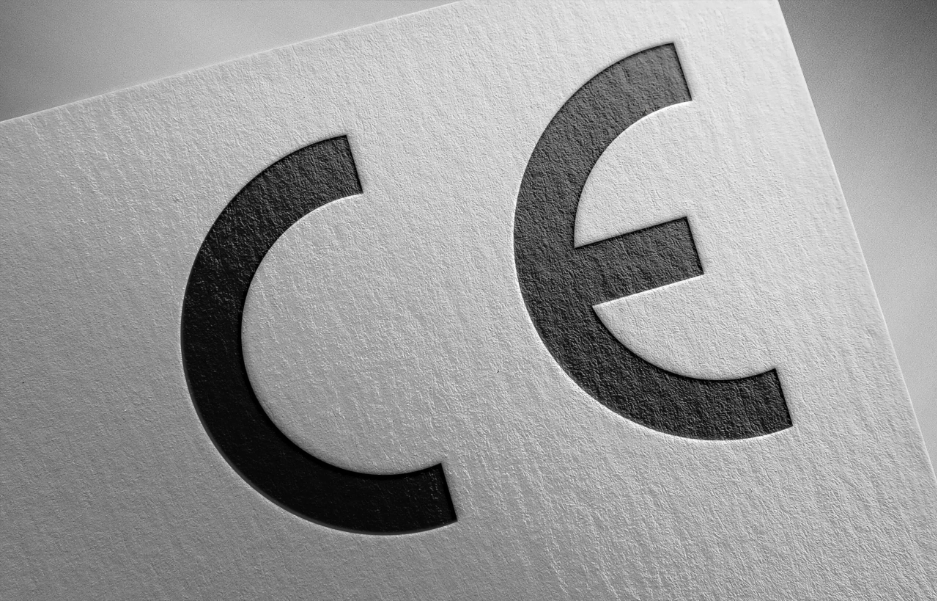

What is ENEC mark, is it the same as CE mark ?
The ENEC (European Norms European Certification) serves as the EU quality mark specifically for electrical products, including lighting. It does not serve as a substitute for or supersede CE certification; therefore, you will still require the latter.
The presence of the ENEC mark on your products serves as evidence that they comply with all applicable EU regulations and directives, including the Low Voltage Directive. While obtaining this mark is not mandatory, it provides customers with an extra level of assurance regarding the safety of your product. Additionally, having the ENEC mark can differentiate you from competitors who do not possess it. To affix the ENEC mark on your products, independent testing by accredited laboratories like SGS is required.
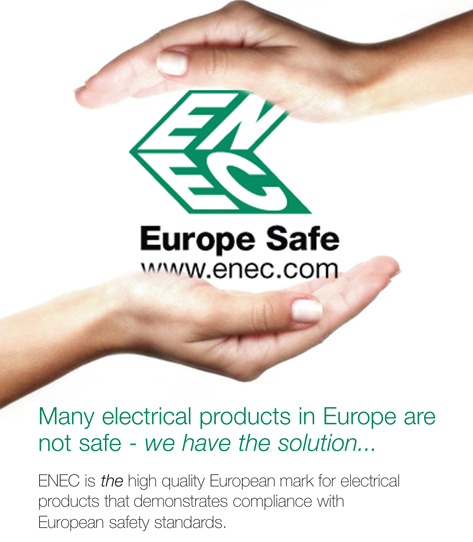
What is UL mark and is it different from EU marks ?
UL, which stands for Underwriters Laboratories, was established in 1894 as a renowned third-party certification company in the United States. Over the years, UL has evolved beyond product testing and taken on the additional role of establishing industry standards for products sold in the USA. Moreover, UL now has the authority to grant manufacturers permission to test and certify their products according to UL standards.
The UL certification encompasses a wide range of products, extending beyond electrical goods. Similar to the European CE and ENEC marks, it serves as evidence that a product has successfully undergone testing and meets safety standards in the United States and Canada.
Although the UL mark is not strictly required, it is worth noting that approximately 14 billion products bearing the UL seal of approval are introduced into the global marketplace annually, highlighting its extensive reach and significance.
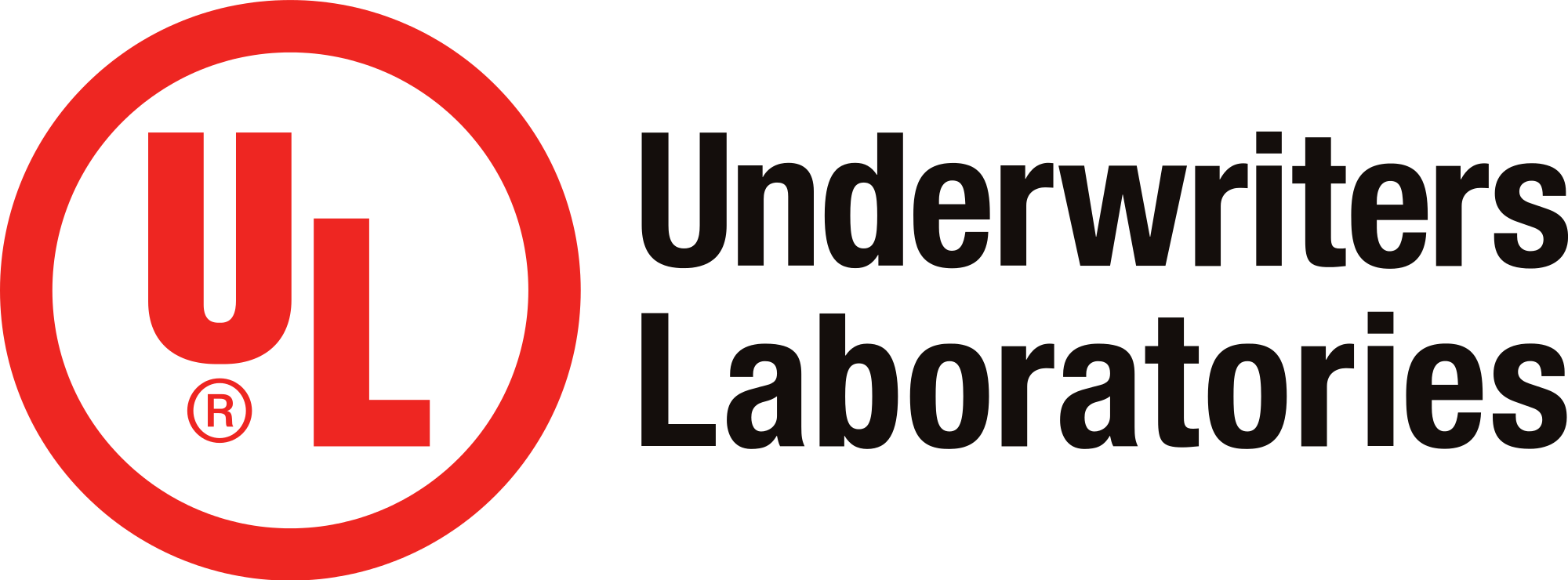
What is CB (Certification Body) Scheme? Is it useful ?
The purpose of the CB scheme is to provide a convenient and cost-effective solution for obtaining product certifications in various markets. By adhering to internationally recognized safety standards, this scheme eliminates the need for individual certifications. It operates through a network of CB laboratories that rigorously test products to ensure compliance with the required standards.
These labs send their results to national certification bodies, like UL. Then these bodies can give you access to their markets if your products pass CB testing. So you don’t have to go through more expensive and time-consuming testing in each country. But remember, having just one mark doesn’t mean you’re good to go everywhere. It just makes it easier to get the UL mark if you already got your ENEC mark.
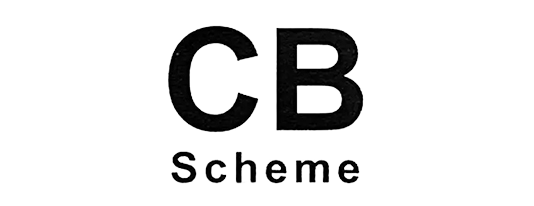
How is certification checked ?
Once you have successfully obtained the necessary certifications for your products, it is crucial not to become complacent and assume that your work is done. On the contrary, it is imperative to continuously ensure that your product upholds its standards. This is because third-party entities closely monitor compliance with ENEC and UL standards, conducting factory inspections to meticulously examine manufacturing processes. Failure to maintain these standards will result in the revocation of their marks.
To verify whether a specific product has obtained an ENEC or UL mark, one can conveniently access their respective certified product databases. These databases are readily available for consultation by anyone.
Post time: Sep-28-2023

